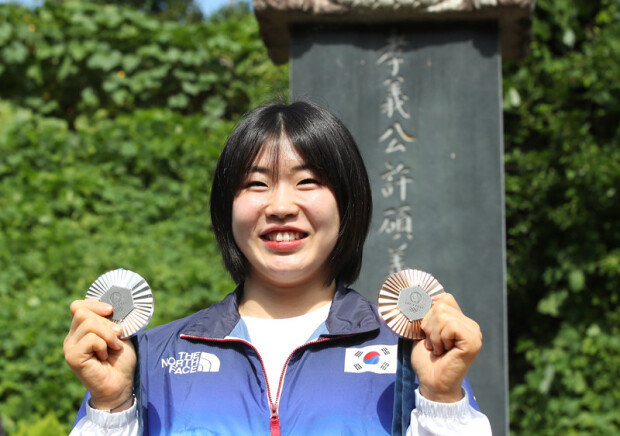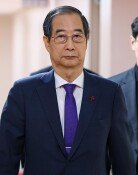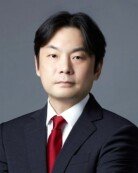Olympic medalist Heo Mimi honors her patriot ancestor at memorial visit
Olympic medalist Heo Mimi honors her patriot ancestor at memorial visit
Posted August. 07, 2024 08:12,
Updated August. 07, 2024 08:12

“Grandfather, I’ve won Olympic medals. Next time, I will come back with gold.”
At 10 a.m. on Tuesday, in front of the memorial stone dedicated to the independence activist Heo Seok (1857-1920) in Samgukyusa-myeon, Gunwi County, Daegu, Heo Mimi, a member of South Korea’s national women’s judo team, stood beaming, holding a silver and bronze medal in each hand.
Heo Seok is the great-great-grandfather of Heo Mimi. During the Japanese occupation of Korea in 1918, Heo Seok witnessed the exploitation of Koreans by the Japanese, and in protest, he distributed anti-Japanese leaflets in the North Gyeongsang region before being arrested and imprisoned for his actions. It was not until more than 60 years after his death that his contributions were recognized, earning him a Presidential Citation in 1984, and in 1991, he was posthumously awarded the Order of Merit for National Foundation, the Patriot Medal.
Heo Mimi won a silver medal in the women's 57-kg judo individual event at the Paris Olympics. She also contributed to her team’s success in the mixed team event, adding a bronze medal to her achievements. After returning to Korea on Monday, her first stop the next day was to visit her great-great-grandfather Heo Seok’s memorial stone.
Heo is a third-generation Korean-Japanese, born to a Korean father and a Japanese mother. She emerged as a top judo prospect in Japan during middle school, but in 2021, she unexpectedly acquired South Korean citizenship. Her late grandmother’s wish influenced her to compete under the South Korean flag. Upon moving to South Korea, she joined the Gyeongbuk Sports Council judo team, where she discovered her relation to independence activist Heo Seok. In 2022, she fulfilled her dream of representing South Korea by winning a surprise victory in the women’s 57-kg category at the World Championships, quickly becoming a rising star in Korean judo.
명민준 mmj86@donga.com







